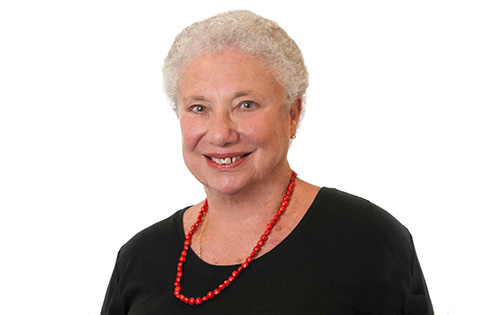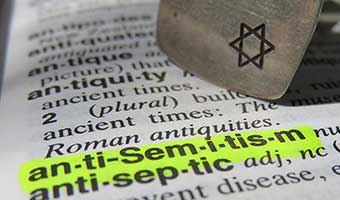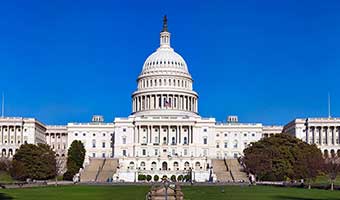
“ ’It happens to thee, and thee, and thee; but never to me.’ I learned this little axiom many years ago as a young nurse; it gave me the grit to care for people with countless communicable diseases – polio, tuberculosis, hepatitis, and so forth – without fear. Now, as a much older nurse, I confronted the coronavirus with the same attitude. I carefully followed the CDC mandates – mask, gloves, distancing six feet, and hand washing, but felt no fear of ever getting it."
These are the words of Rachel E. Spector, RN, PhD, a long-time Hadassah member and founding member of the Hadassah Nurses Council, who in 60 years of work as a practicing nurse and teacher specializing in public health had seen her fair share of communicable diseases and their treatment. But she'd never encountered anything like our current pandemic, and never thought she would one day herself be the patient dependent on the same kind of care she once gave others.
It started at the end of April/early May, with Rachel feeling lethargic and losing her appetite and interest in daily events. As her fever spiked, she suddenly found herself in an ambulance, called by her caring husband, being whisked from hospital to hospital in search of a empty bed in her Newton, MA, area.
In Her Own Words
On Facing Fear
“Just as I was falling asleep after admission to the second hospital, another set of EMTs arrived and whisked me off to yet another hospital (three different hospitals in five hours)," she says. "When they told me where I was, I wanted to bolt; my good friend had died here and I did not want to stay. No choice, I had to stay. I saw a huge deep hole in front of me. I said, ‘I’m scared.’ My friend appeared with her arms raised and pushed me back away from the hole, assuring me, ‘Don’t be scared.’”
The Nurse Becomes the Patient
“Monday, May 4, 2 am. I remember being moved into a bed in a COVID-19 recovery unit and hooked up to an intravenous infusion, oxygen, and monitors. For the next several days, I silently put on my ‘nurse’s persona’ and observed an interesting progression: The first night and day I was often confused and slept. By day 3, I was more alert. From the beginning, I knew that the nurses were with me; first every 2 hours, then 3, then 4 – as they checked my blood pressure, orientation, intake and output, and so forth. They also followed the monitors, watched, and communicated with me via an iPad from the other side of the closed door. I was totally isolated and not allowed visitors. Everyone who entered the room was wrapped up in protective equipment – gown, mask, plastic face shield, and gloves. I missed smiles, and sometimes hearing words was difficult.”
The Road to Recovery
“My appetite gradually returned. My daughter, who flew in from California and my son, who flew in from Nevada, dropped off treasured treats each day.
"May 8–10, days 5–7, brought improvement and increasing freedom. The physical therapist taught me several exercises for getting out of bed and walking. The nurses trusted me to be on my own to go to the bathroom and walk around my room. The cardiac monitor and then the nasal oxygen cannula disappeared.
"Monday, May 11, day 8: home!”
In Appreciation
“The nurses were phenomenal. Every time they entered the room, they efficiently and quietly did what needed to be accomplished. Not a single nurse left without a reassuring word, asking if I wanted anything, and if I was comfortable. The other members on the team – physical therapists, dietary, laboratory phlebotomists, physicians, and so forth -- were also highly skilled and kind. The team members, for the most part, were young, committed, and kind. I feel a profound sense of pride in our nursing profession, our colleagues, and members of the team.”
On Nurses Finally Getting Recognition
“It used to be so silly. People would say, ‘You’re only a nurse? Why don’t you go to medical school?’ But all my life, I only wanted to be a nurse. Because nurses are with people. I think it’s wonderful that people are finally realizing that nurses are intelligent, powerful women and men, and nursing is a wonderful profession where you can do many different jobs in different settings. I think it’s wonderful that people everywhere are finally respecting and caring about nursing.”
Are you a nurse? Learn more about the Hadassah Nurses & Allied Health Professionals Council.








